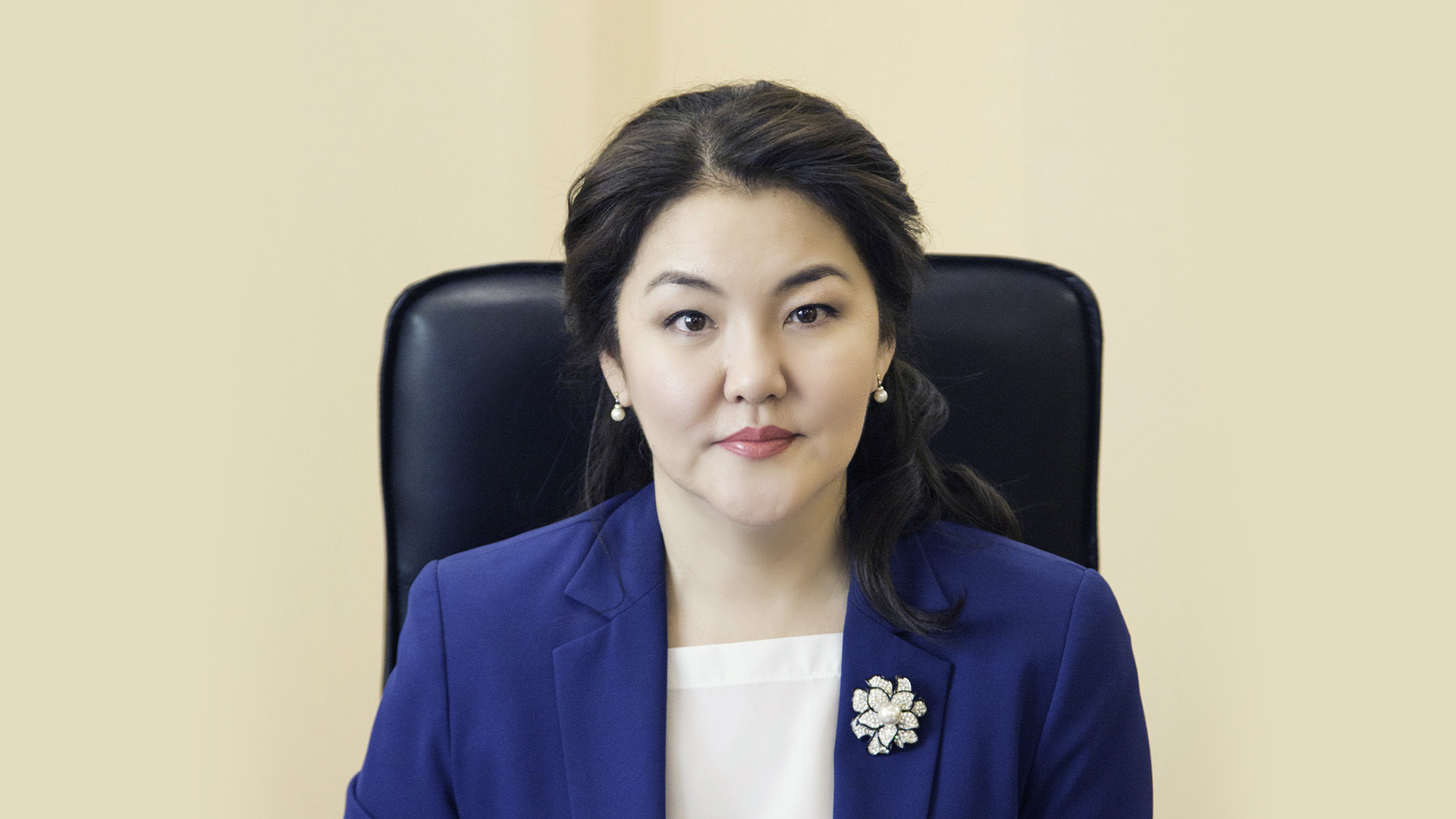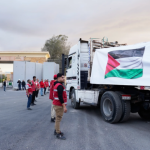
White Coats, Red Lines: Kazakhstan Health Minister Demands End to Violence
By Vagit Ismailov
Kazakhstan’s Minister of Health, Akmaral Alnazarova, has issued a public appeal urging an end to violence against medical personnel, following two brutal attacks on healthcare workers in Karaganda and Kostanay.
“Dear citizens of Kazakhstan, I am addressing you as a specialist who has worked as a nurse in a maternity hospital, as a doctor in the emergency room of a children’s hospital, as a duty officer, and as a resident; stop the violence against medical workers!” Alnazarova wrote on Instagram.
Two Violent Incidents in One Week
In Karaganda, a 42-year-old man accompanying his wife allegedly attacked a nurse at a private clinic, breaking down the door to the staff room and assaulting her. The nurse was hospitalized with a concussion and finger fractures. The assailant was later placed in a psychiatric clinic.
Just one day later, on July 17, a young urologist at the Kostanay Regional Hospital was struck in the head by a waiting patient after completing a complex operation. The blow left the doctor unconscious with a skull fracture and brain trauma. He remains in intensive care. The attacker, a 34-year-old man, was detained, and a criminal investigation has been launched.
“These are not just acts of aggression, they are direct blows to the entire healthcare system,” Alnazarova said. “This crime means dozens of patients not being admitted, dozens of postponed operations. The emergency room where the attack occurred is already a high-risk area.”
Alnazarova emphasized that medical professionals deserve respect and gratitude, not violence.
The recent attacks have ignited widespread concern across Kazakhstan’s medical community, with professional associations and hospital administrators calling for urgent reforms. The Kazakhstan Medical Workers’ Union issued a statement expressing solidarity with the victims and demanding swift prosecutions, while several regional hospitals have begun independently reviewing their on-site security protocols. Social media campaigns under hashtags like #ProtectOurDoctors and #SafetyInScrubs have gained traction, signaling growing public awareness that systemic change is needed to ensure healthcare workers can do their jobs without fear.
Government Plans Tighter Security Measures
The Ministry of Health, in coordination with the Ministry of Internal Affairs, is set to bolster security measures in medical facilities across the country. Plans include deploying round-the-clock security posts at emergency rooms, maternity wards, and children’s hospitals. Facilities will be equipped with surveillance cameras, panic buttons, and enhanced security staff.
In parallel, legislative amendments aimed at toughening penalties for violence against medical workers are expected to be submitted to Parliament in September. Alnazarova stated that such crimes should be treated not as domestic incidents but as threats to public safety.
Although the Criminal Code was amended in December 2023 to include penalties for harming medical staff, Alnazarova acknowledged that the recent incidents demonstrate these measures are insufficient.
As previously reported by The Times of Central Asia, a pilot program equipping ambulance workers with body cameras is already underway. The minister noted this initiative helps moderate the behavior of both patients and staff. Plans are also in place to reinstate police presence in hospitals and impose stricter regulations on private security companies servicing healthcare institutions.
A Regional Pattern: Kyrgyzstan’s Alarming Trend
The Times of Central Asia recently reported a similar surge in violence in neighboring Kyrgyzstan, where doctors at Bishkek’s National Hospital were physically assaulted by patients’ relatives. In one case, the assaulted doctor was detained instead of the attackers, sparking public outrage.
Kyrgyz Health Minister Erkin Checheibaev condemned the assaults, calling the situation “lawlessness against doctors.” A proposal in the Kyrgyz parliament would introduce criminal penalties mirroring Kazakhstan’s planned reforms.
No similar incidents have so far been recorded in Tajikistan, Uzbekistan, or Turkmenistan.
A Call for Cultural Change
Alnazarova concluded her appeal with a broader call for cultural change, stating that “We must instill respect for the work of medical professionals from childhood and foster a culture of gratitude.” She emphasized that violence against healthcare workers must be seen not as isolated outrage but as a systemic threat to national well-being.






![Pakistan accuses the TTP of carrying out attacks on its territory and the Afghan Taliban government of harbouring the group [File: Fayaz Aziz/Reuters]](https://asiandiplomacy.com/wp-content/uploads/2025/10/2023-02-27T041341Z_1777986366_RC2O7Z9GI1FB_RTRMADP_3_PAKISTAN-BLAST-POLICE-1760256429-150x150.webp)